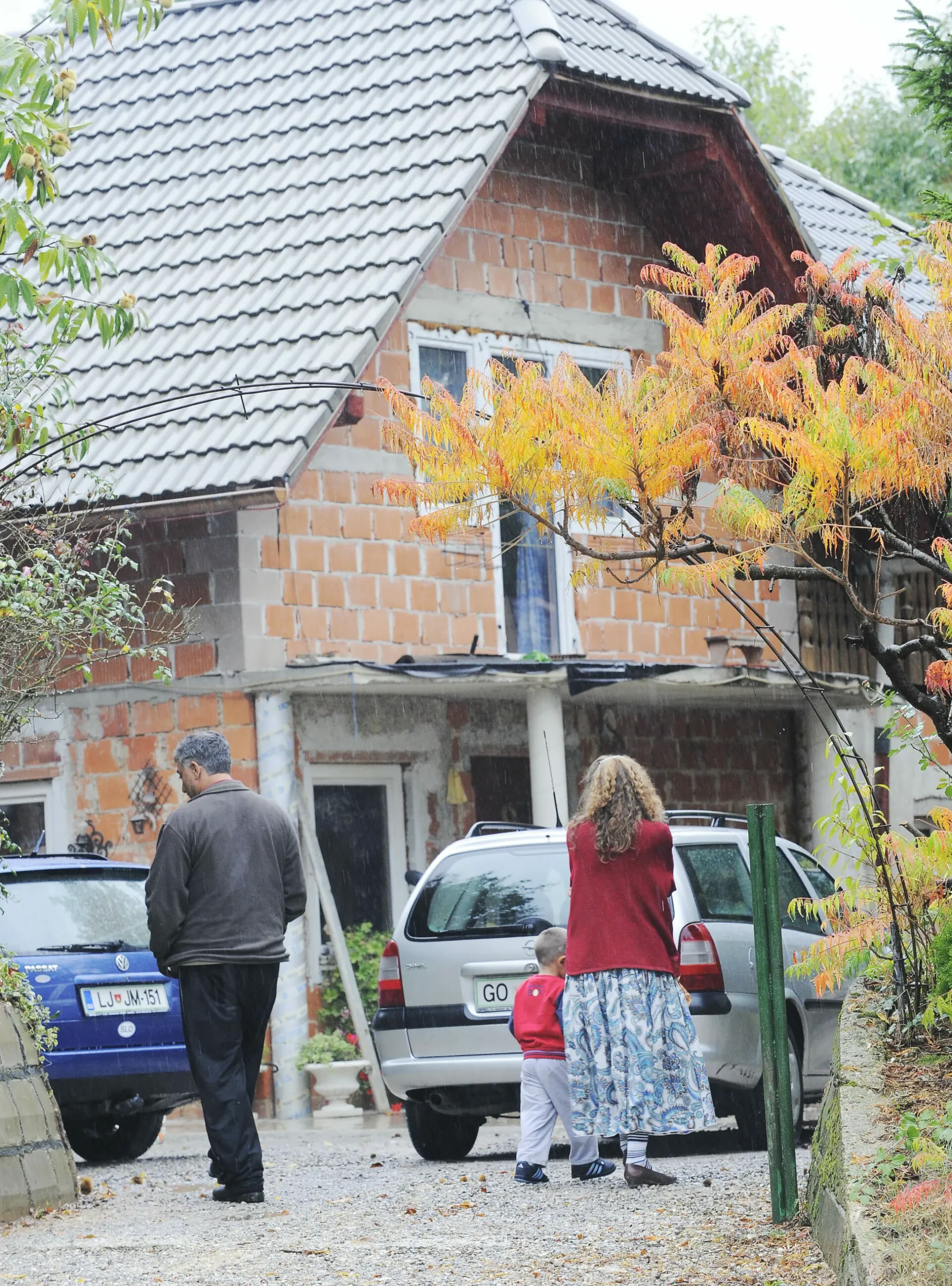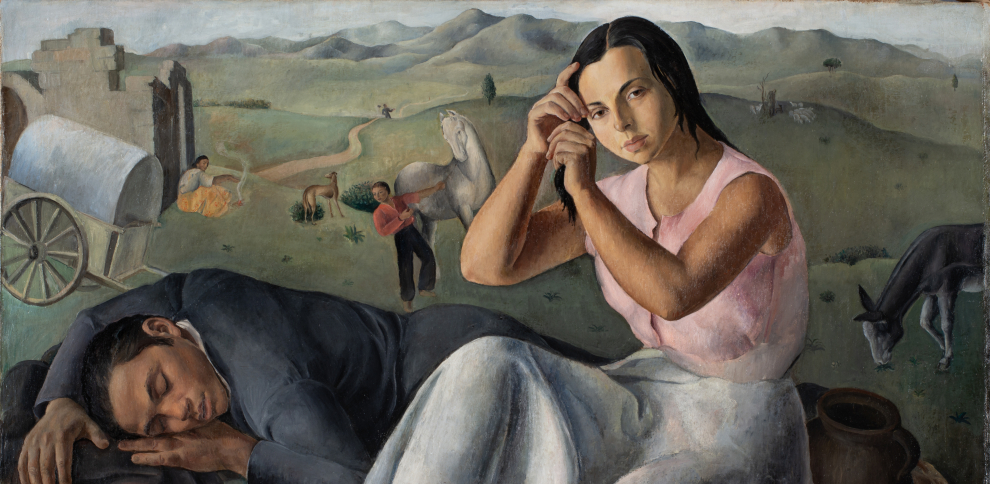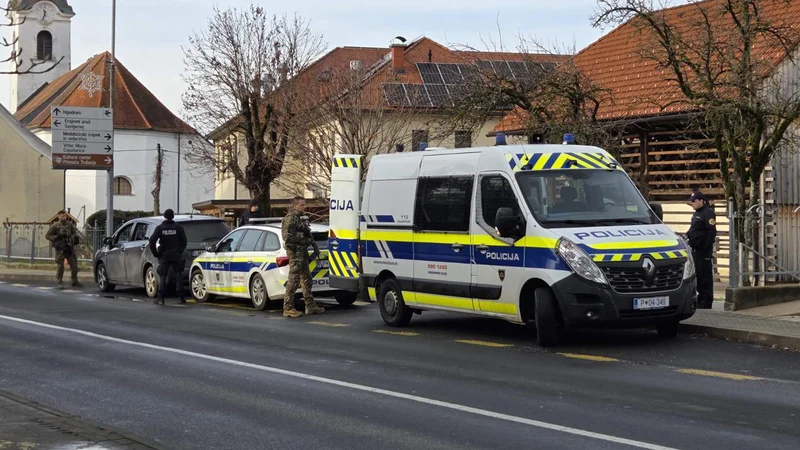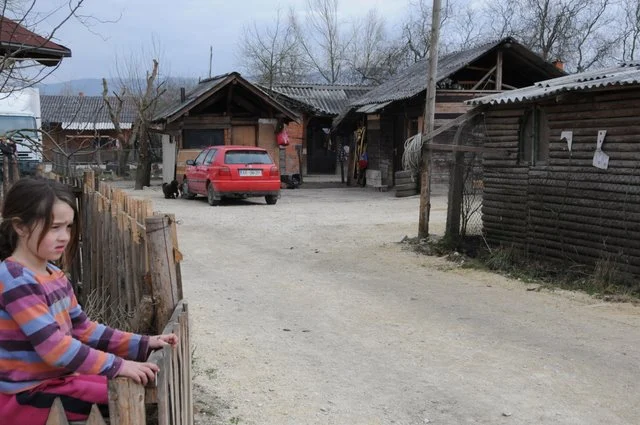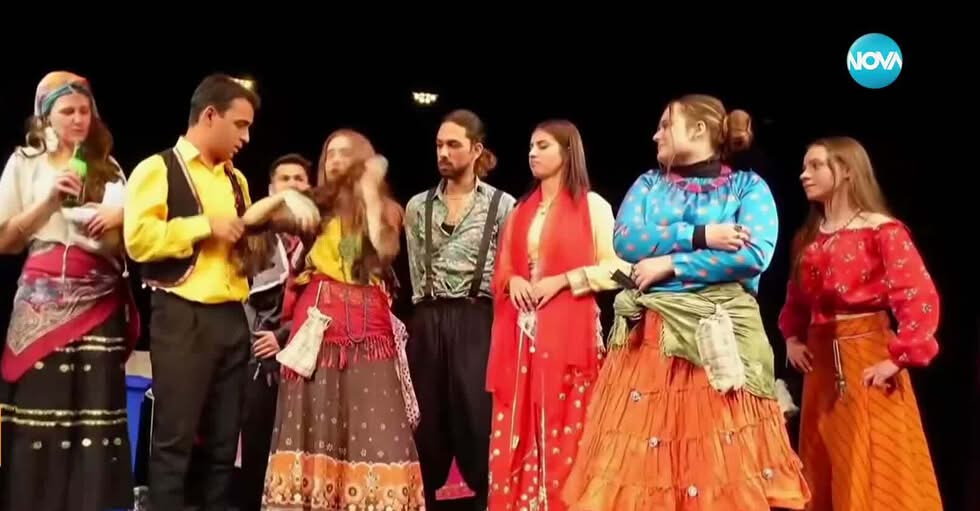In a country, Slovenia, where Roma are represented as abusing social help, being criminals, and not working, the case presented in this article doesn’t help.
The mayor of Brežice, Ivan Molan, told the media that they encountered an extraordinary problem in regulating the issue of property rights Roma in the municipality. He also revealed a case where the father of one of the Roma families with seven children receives social support higher than his salary, and at the same time they have been living in impossible conditions their entire lives.
Bad.
- Oče prejema socialno podporo, višjo od županove plače in že celo življenje živijo na tleh. In: Nova 24TV. 04.01.2026. https://nova24tv.si/oce-prejema-socialno-podporo-visjo-od-zupanove-place-in-ze-celo-zivljenje-zivijo-na-tleh/
